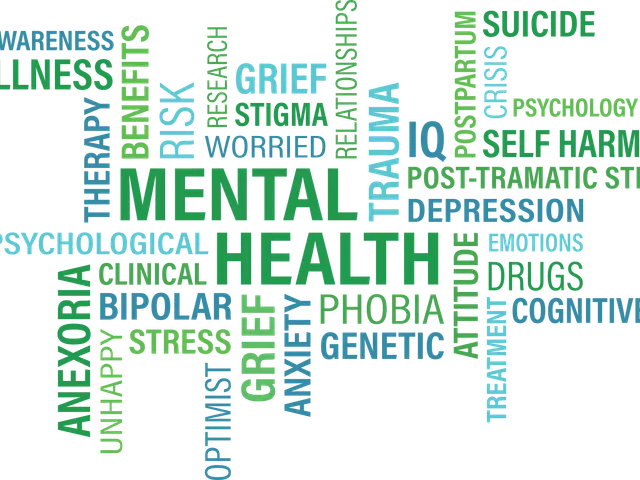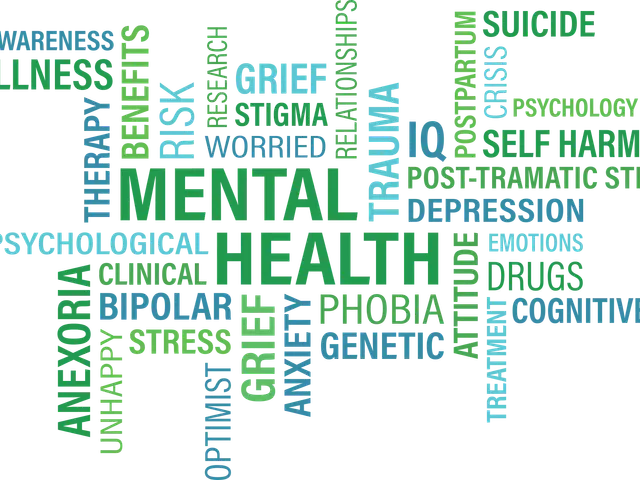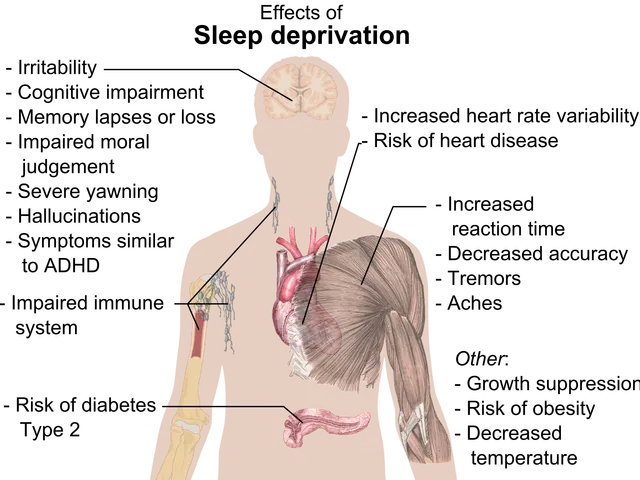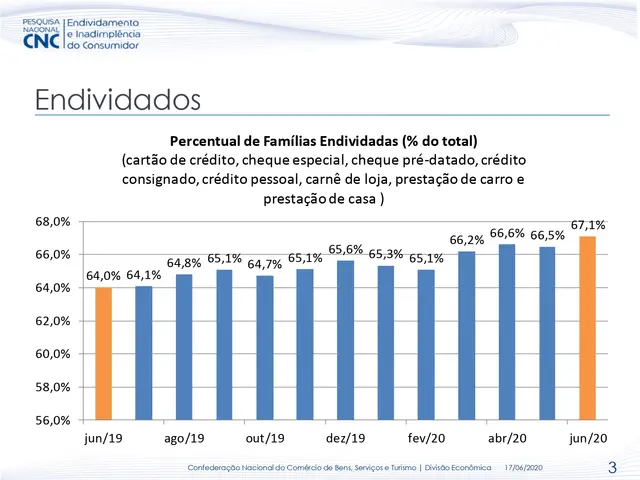Why ADHD and Sleep Problems Are a Vicious Cycle—and How to Break It
Sleep problems are a common yet often overlooked challenge for people with ADHD. Research shows that between 25% and 50% of children, and up to 66% of adults, with the condition struggle with disrupted sleep. Poor rest can worsen key symptoms like inattention, hyperactivity and mood swings, making daily life even harder.
Alan Saul, author of a new report on ADHD and sleep, highlights how the two are deeply connected. He explains that managing sleep better could significantly improve well-being for those affected by the disorder.
ADHD disrupts sleep in several ways. Many with the condition experience insomnia, delayed sleep phase syndrome, or restless nights. Others battle daytime drowsiness or breathing issues during sleep. These problems often stem from imbalances in neurotransmitters like dopamine and norepinephrine, which regulate both attention and the sleep-wake cycle.
Medications used to treat ADHD can also interfere with rest. Stimulants, if taken too late or at the wrong dose, may keep users awake. Additionally, ADHD frequently co-occurs with other conditions—anxiety, depression, or Restless Legs Syndrome—which further complicate sleep.
Simple changes can make a difference. Setting a regular bedtime, reducing screen use before sleep, and creating a calming environment help. Relaxation techniques, careful medication timing, and cautious use of sleep aids may also improve rest. Yet, when these steps aren’t enough, experts advise seeking professional support.
Consistent bedtime resistance and erratic sleep schedules are particularly common in ADHD. Without intervention, these patterns can worsen symptoms and daily functioning over time.
For those with ADHD, quality sleep is not just about feeling rested—it directly affects focus, behaviour, and overall health. Small adjustments to routines and environments can lead to noticeable improvements. When difficulties persist, consulting a specialist remains the best course of action to address both ADHD and sleep challenges effectively.








